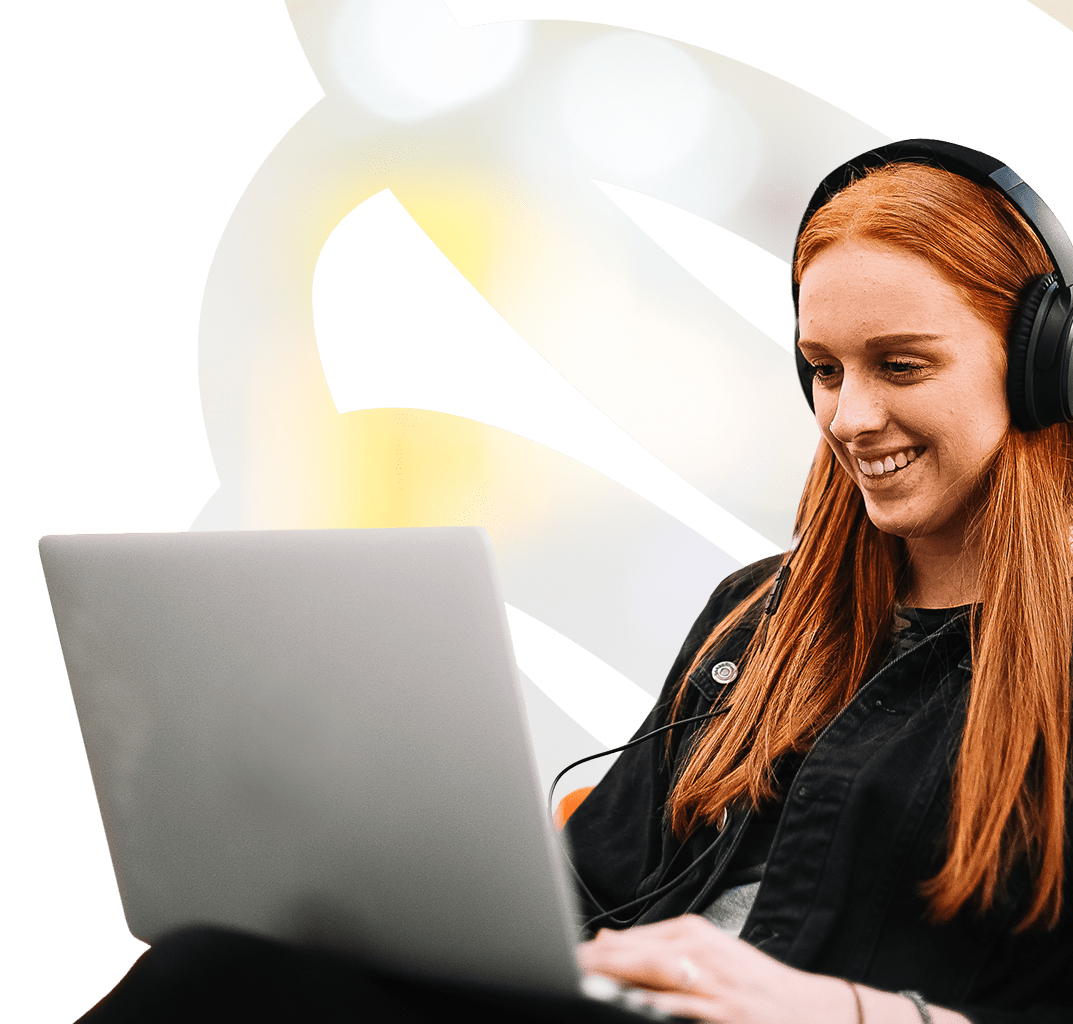One of those unexpected student bills that many forget to factor in when preparing to move into their first uni house, is the TV licence.
We’ve put together this guide to help you get to grips with what you need to know about TV licences as you get ready to live independently for the first time.
What is a TV Licence For?
Most of the money from TV Licences are used to fund the BBC, the UK’s public service broadcaster. In exchange, the BBC is supposed to be “impartial”, due to them not taking money from companies for advertising. They are supposed to “inform, educate and entertain” the British public and to “act in the public interest”.
In short, the TV Licence money is intended to keep the BBC state, rather than publicly owned.
UK law says that you need to have a valid TV Licence if you are:
- Watching or recording programmes on any TV channel live as they are being shown.
- Watching or streaming programmes live on any online TV service as they are being shown (such as All 4, YouTube, ITV Hub, Sky Go, etc).
- Downloading or watching any BBC programmes on iPlayer, including those on catch-up.
It doesn’t matter what device you are watching on (whether a TV, laptop or smartphone), the rules are the same.
The current cost for a TV licence is £154.50 per year*.
As a student, do I need a TV Licence?
You still need a TV licence if you’re a student, but you may not have to pay. Here are some important things to know.
1) If you are living in a house share, you will need a TV Licence
If you want to do any of the watching, streaming or downloading described above in your shared house, you will need a TV licence. If you have a separate tenancy agreement for your bedroom, then you will need an individual licence, but if you and your housemates have a joint tenancy agreement, then one licence will cover the whole house – saving you some cash!
2) If you are living in halls, then you may need a TV Licence
While your halls of residence communal licence won’t cover you watching TV on private devices in your room; if your out-of-term address (your parents’ house) has a licence, then you will count under their licence – even while you are at university. However, this is only the case as long as none of your devices are connected to an aerial or through a device plugged into the mains electricity.
How do I buy a TV Licence?
If you do need to buy a TV Licence, then you can go directly to the TV Licencing website and buy it online, though this can be complicated if there is a large group of you living in your uni house.
If you’re in a shared house and you want to split the cost equally between all of you, we can do that for you – hassle free. We can even split each of your individual payments into monthly amounts, so that you can spread the payments out over six months.
What would happen if I didn’t buy a licence?
If you don’t ensure that you have a valid TV Licence, then you could be fined up to £1,000, as well as any legal costs and/or compensations you are also told to pay. A TV Licence Enforcement Officer have the right to visit University Campuses, off-site student accommodation and any private (student) home which has not registered for a licence.
What if I don’t need a TV Licence?
If you are absolutely confident that you don’t need a TV Licence (we advise triple checking the rules outlined above), then you should let TV Licencing know.
What if I move out for the summer?
For most students, you’re unlikely to need your own TV Licence for the full 12 months of the year, since you will most likely choose to go home during the summer.
Luckily, even though TV Licensing doesn’t offer any student discounts or deals, they will allow you to cancel and apply for a refund if you still have at least 3 months on your Licence and are moving out or no longer need it. Just make sure you contact them in good time.


